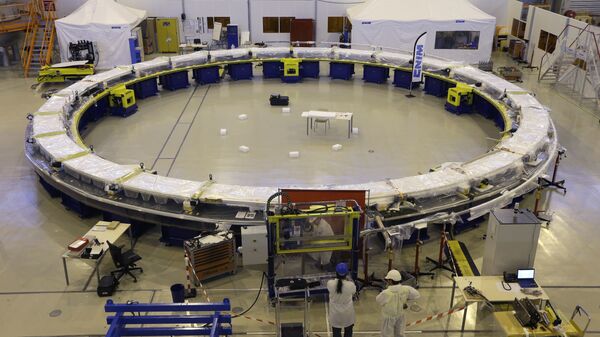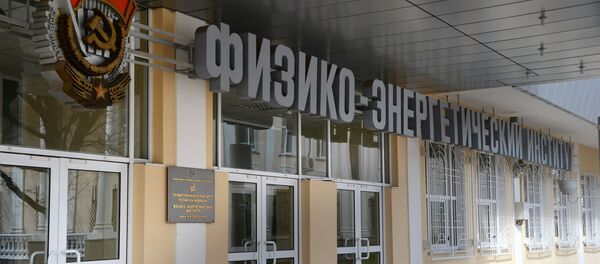"We want an increase in the number of staff members from Russia. There are two reasons for that. Firstly, Russia has knowledge and skills, which sometimes are unique. We are very interested in [this knowledge and skills] to become more efficient," Bigot said.
The second reason is the fact that Russia is one of the investors of the project, Bigot added.
READ MORE: Russia, France to Discuss Nuclear Projects in Third Countries at SPIEF — Rosatom
The ITER is a France-based international project aimed at developing a nuclear fusion device which proves the feasibility of fusion as a carbon-free source of energy.
The first nuclear fusion device is being constructed at the Cadarache research center in southern France, with 35 states working on the project, including Russia, China, India, Japan, South Korea, the United States and the EU member states. The launch of the reactor is scheduled to take place in 2025.





